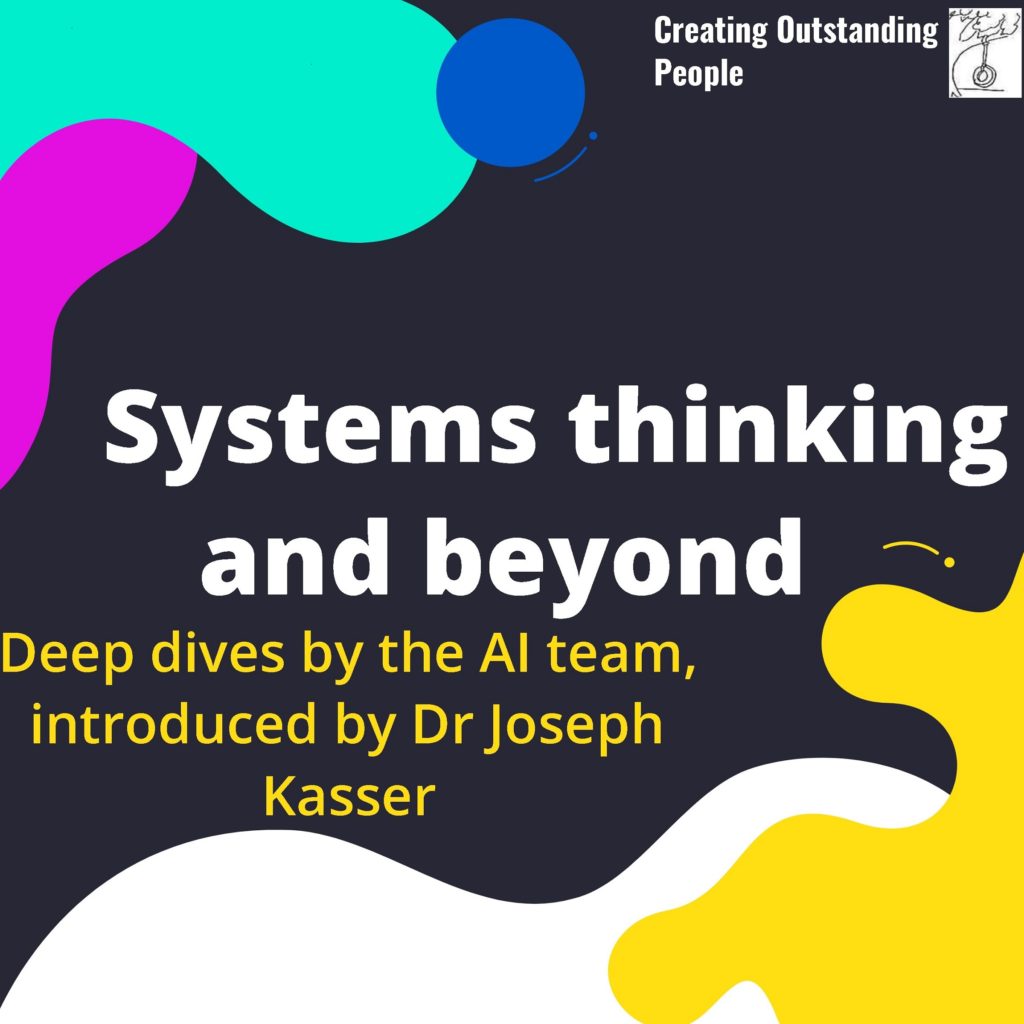First published in 1994, the annual Standish (Chaos) report annually points out that significant numbers of projects fail to meet their goals on time or within budget and many of those projects are cancelled with the corresponding non-productive spending of billions. The 2015 report concluded that, “over the last 20 years the project management field has experienced increasing layers of project management processes, tools, governance, compliance, and oversight. Yet these activities and products have done nothing to improve project success” (Koppelman, 2016).
The focus on processes, tools, etc., was pointed out at least 20 years before the first Standish report, when Peter Drucker wrote, “Throughout management science – in the literature as well as in the work in progress – the emphasis is on techniques rather than principles, on mechanics rather than decisions, on tools rather than on results, and, above all, on efficiency of the part rather than on performance of the whole” (Drucker, 1973, page 509).
In general, in large and complex projects, especially acquisition project in which systems are developed, project management and system (sometimes – software) engineering partner to perform the project. US Government Accounting Office (GAO) reports have similarly continued to document at least 50 years of failures in systems acquisition projects and have often attributed the failures to poor systems engineering and poor project management as do similar reports from other countries. Moreover, while some of the GAO recommendations to prevent or mitigate these failures and save millions if not billions have been adopted, many have not been implemented.
Research into systems engineering, noted that the work on improving systems engineering has also focused on improving and developing new systems engineering processes, e.g., “A Framework for Enterprise Systems Engineering Processes”, proceedings of International Conference on Computer Science” (Swarz and DeRosa, 2006) and “System Engineering Process Improvement using the CMMI in Large Space Programs” (Goldberg and Assaraf, 2010) and the prevailing paradigm is exemplified by the International Council on Systems Engineering (INCOSE) Systems Engineering Handbook (INCOSE, 2015) with its subtitle, “A Guide for System Life Cycle Processes and Activities”.
Accordingly, perceiving the situation from the Temporal perspective, we can note that for more than 50 years, the current mainstream or widely-adopted project management paradigm has produced more failures than successes. Alternative paradigms such as those focused on people, for example, “In Search of EXCELLENCE” (Peters and Waterman, 1982), “A Passion for Excellence” ( Peters and Austin, 1985), “No-excuses Management” (Rodgers et al., 1993), and “Total Improvement Management the next generation in performance improvement” (Harrington, 1995) have mostly been ignored.
Don’t you think there is something wrong in this situation?
“The definition of insanity is doing the same thing over and over again and expecting different results” is a phrase often attributed to Albert Einstein. However, a little bit of research informed that while the quote does appear in “The Ultimate Quotable Einstein”, a compilation of Einstein quotes published by Princeton University Press (Calaprice, 2013), it is listed in the “misattributed” section and cites the book “Sudden Death” (Brown, 1983) as the source of the quote since one of the book’s characters, a Jane Fulton, is mentioned as having once said, “insanity is doing the same thing over and over again and expecting different results”. This concept may have actually originated with a Narcotics Anonymous booklet printed two years earlier (Narcotics Anonymous, 1981), as slightly different version of the saying as, “Insanity is repeating the same mistakes and expecting different results” (Murphy, 2019).
Irrespective of which written version of the concept is employed, isn’t that what the current mainstream project management and systems engineering paradigms have been doing for at least the last 50 years?
Accordingly, from this perspective and definition, aren’t project managers and systems engineers in the mainstream paradigm insane?
What do you think?
Why are they behaving in this manner?
References
R. M. Brown, Sudden Death, Bantam, Toronto, 1983, page 68.
A. Calaprice, The Ultimate Quotable Einstein, Princeton University Press, 2013, Page 474.
P. F. Drucker, Management: Tasks, Responsibilities, Practices, Harper & Roe, New York, 1973.
R. Goldberg and S. Assaraf, “System Engineering Process Improvement using the CMMI in Large Space Programs”, proceedings of 13thAnnual NDIA System Engineering Conference 25-28 Oct., San Diego CA, 2010.
H. J. Harrington, Total Improvement Management the next generation in performance improvement, McGraw-Hill, 1995.
INCOSE, Systems Engineering Handbook, “A Guide for System Life Cycle Processes and Activities”. the International Council on Systems Engineering, 2015, 4th edition.
T. Koppelman, Project Management Failures – Standish (Chaos) reports (1994-2015), Business Fitscan, 2016, https://businessfitscan.com/project-management-failures-standish-chaos/, 2016, 20 January 2016.
A. Murphy, “Fact check: did Albert Einstein coin this saying on the ‘definition of insanity’?”, 6/26/2019, https://checkyourfact.com/2019/06/26/fact-check-albert-einstein-definition-instanity-same-thing-over-different-results/, accessed 2 Dec 2021.
Narcotics Anonymous, Literature subcommittee, World Service Conference of Narcotics Anonymous, 1981, page 11, https://web.archive.org/web/20121202030403/http://www.amonymifoundation.org/uploads/NA_Approval_Form_Scan.pdf, accessed 2 Dec 2021.
T. Peters and N. Austin, A Passion for Excellence, Warner Books, 1985.
T. J. Peters and H. R. Waterman, In Search of EXCELLENCE, Harper and Row, 1982.
T. J. Rodgers, W. Taylor and R. Foreman, No-excuses Management, Doubleday, 1993.


Hello! I simply wish to give you a big thumbs up for the excellent info you have right here on this post. I will be coming back to your web site for more soon.
Im excited to find this website. I need to to thank you for your time due to this wonderful read!! I definitely loved every little bit of it and i also have you book marked to check out new stuff in your blog.